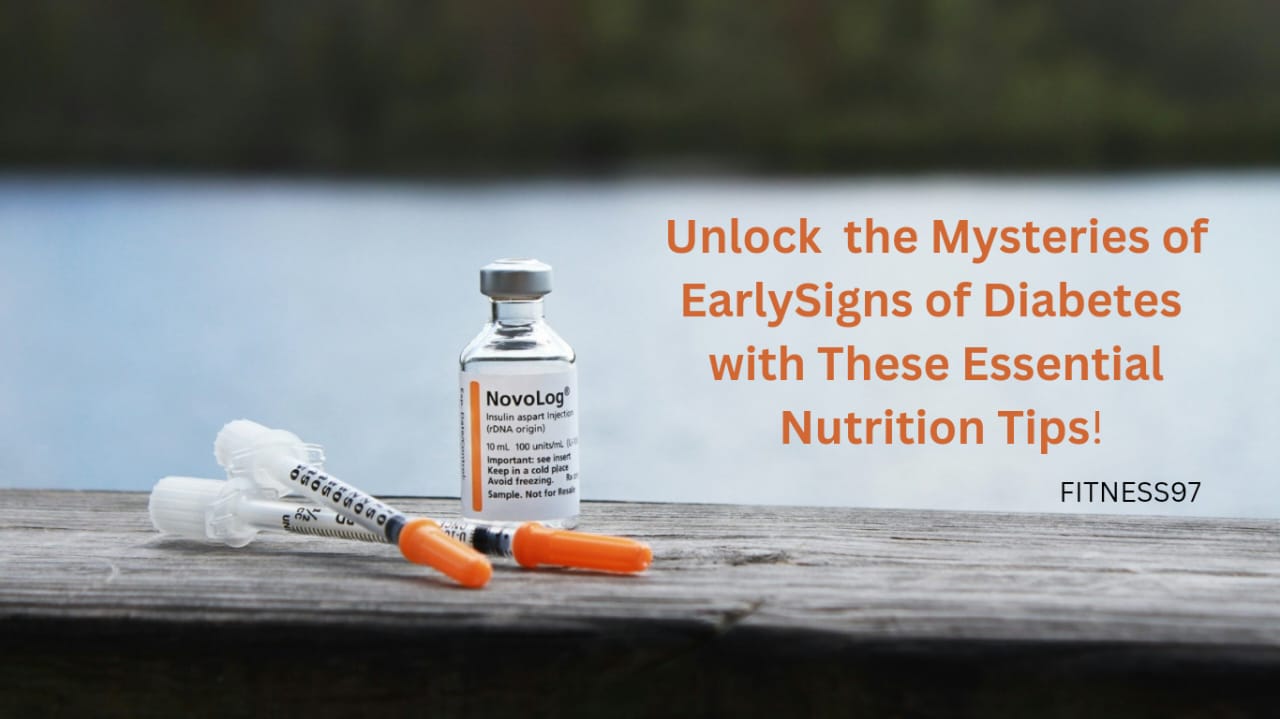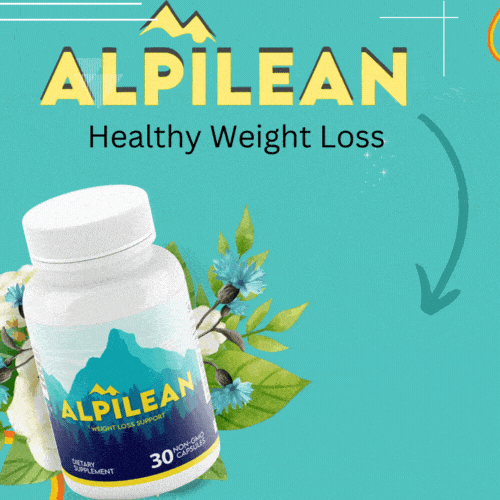There are essential fat and water-soluble vitamins that our body needs to develop and function healthily. There are lots of essential vitamins but we often are suggested to make use of the sunlight to get vitamin D why is that? Why among all vitamins, vitamin D is considered different? How can it benefit your body? Let’s get a detailed look at Vitamin D and how it is different than others.
What is Vitamin D?
It is one of the fat-soluble vitamins and a steroid hormone dissolvable in fats and oils involved in the regulation of calcium homeostasis and important for the bones
Vitamin D exists in two forms:
1: Vitamin D3 (cholecalciferol).
2: Vitamin D2 (ergocalciferol)
Vitamin, D3 is the active form of Vitamin D and is twice as effective at increasing the vitamin D levels in the blood than Vitamin D2.
How does vitamin D differ from other nutrients?
Vitamin D is totally different from almost all nutrients. This is because vitamin D is the only steroid hormone that is produced from cholesterol in the body in the presence of sunlight. No other nutrient needs sunlight to be synthesized in the body and for this reason, it is called the ‘Sunshine Vitamin”. That makes it unique and different from all other vitamins and nutrients.
But how is vitamin D made from sunlight?
How Vitamin D is produced from sunlight?
When our body is exposed to sunlight, the cholesterol present in our skin, the 7-dehydrocholesterol absorbs the ultraviolet B radiation and converts itself into the proactive form, provitamin.D3 which then isomerizes into vitamin D3, which is the active form.
Metabolism of Vitamin D
Vitamin D is metabolized in the skin and intestine.
In the skin:
- The UV light photo isomerizes the provitamin D to D3 (cholecalciferol).
- Then it is transported by Vitamin D binding proteins to the liver.
In the Intestine:
- They are absorbed and packaged into chylomicrons.
- Then it is transported to the liver by portal circulation.
- Hydroxylated to 25-Hydroxy Vit.D
- Then further in kidneys to 1,25- Dihydroxy Vit.D.
When Vitamin D in the skin is insufficient then it is important to have an oral intake to meet the body’s needs.
Health Benefits of Vitamin D
It provides essential health benefits that include:
1- It maintains Calcium Balance
If the calcium level decrease than normal in the body, the parathyroid glands sense the calcium levels and secrete PTH hormone and as a result maintain the body’s calcium levels.
2- Helps in Insulin Secretion
Some studies suggest that Insufficient levels of vitamin D badly affect insulin secretion
3- Protects against Diabetes type II
Deficiency of vitamin D affects the body pathways it affects the function of beta cells in the pancreas causing its impairment and insulin resistance that leads to diabetes type II. So, having an adequate amount of vitamin D in the body protects against Type II diabetes.
4- Maintains bone health
Vitamin D helps against osteoporosis as it promotes the intestinal absorption of calcium and helps in maintaining adequate calcium levels in the blood which is important for bone mineralization. A deficiency of vitamin D can cause weak and fragile bones leading to an increased risk of fractures
5- Cancer Prevention
It may help prevent cancer as it helps in regulating cell growth. In one study, it was noted that 1100 IU of vitamin D per day with calcium reduced the risk of cancer by 60%
6- Supports better heart health
Human heart is a large muscle having receptors for vitamin D. that regulates the immune and inflammatory cells which help in the different cardiovascular condition like atherosclerosis. It also helps in keeping the arteries flexible in turn controlling the blood pressure..
7- Helps against Alzheimer’s and Dementia
Vitamin D in the brain supports growth and health and helps against diseases such as Alzheimer’s and Dementia.
Vitamin D in adequate amounts provides essential health benefits explained above, but what is the recommended healthy consumption of vitamin D on daily basis?
Recommended Dietary Allowance of Vit.D per day
| Stage | Age | Males | Females |
|---|---|---|---|
| mcg IU | mcg IU | ||
| Infants | 0-12 months | 10 400 | 10 400 |
| Children | 1-13 years | 15 600 | 15 600 |
| Adolescents | 14-18 years | 15 600 | 15 600 |
| Adults | 19-70 years | 15 600 | 15 600 |
| Old people | 71 years and + | 20 800 | 20 800 |
| Pregnant women | All ages | – | 15 600 |
| Breastfeeding women | All ages | – | 15 600 |
So, the RDA for adults of 19 years and older is 600 IU daily for men and women, and for adults older than 70 years, RDA is 800 IU daily.
Sources of vitamin D
It can be obtained either from natural sunlight, different foods, or supplements.
Food sources:
| Food | Serving | Vitamin D (IU) | Vitamin D (mcg) |
|---|---|---|---|
| Canned Salmon | 3 ounces | 466 | 11.5 |
| Canned Sardines | 3 ounces | 164 | 4.1 |
| Quaker Nutrition for Women Instant Oatmeal | 1 packet | 154 | 3.9 |
| Milk, low fat fortified with Vit D | 8 ounces | 98 | 2.5 |
| Orange juice, fortified with Vit D | 8 ounces | 101 | 2.5 |
| Fortified Cereals | 1 cup | 45-50 | 1.0-1.3 |
| Egg yolk | 1 | 38 | 0.9 |
These are some food sources with their servings mentioned and how much vitamin D it provides.
Conclusion
Vitamin D is an important fat-soluble vitamin & a steroid hormone that is unique and different from other nutrients because only vitamin D can be produced by our skin when exposed to natural sunlight. That is why it is called ‘Sunshine Vitamin”, which provides some important health benefits and improves the body’s immunity. It can also be obtained from some food sources like fatty fish, fortified milk and cereals, liver, egg yolk, and additional supplements.

I look up to fitness as a lifestyle and love to pen down about it. I have 2 years of experience in content writing and I am here to share my research and knowledge on health and fitness.













